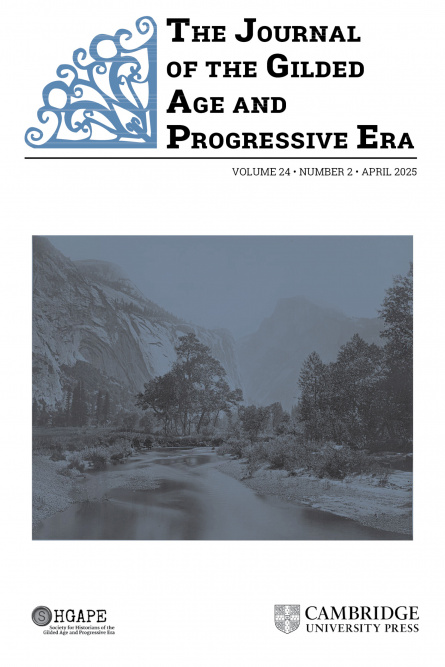
In a new article in "The Journal of the Gilded Age and Progressive Era", Fritz Kusch of project B11 "Protectionism and Social Policy in the Americas" explores how American industrialists of the late nineteenth century attempted to sway industrial workers to their side in favor of tariff protectionism.
Link (Open-Access): Capital and Labor United: Workers, Wages, and the Tariff in Late Nineteenth-Century Protectionist Agitation
With the example of the American Protective Tariff League (APTL), an important protectionist pressure group, the article reconstructs the arguments protectionist industrialists used in their agitation targeted at industrial workers in the late nineteenth century. The APTL made the supposed wage benefit to laborers in protected industries the center of their argument and intertwined this wage argument with nativist and Anglophobic stereotypes. Further, the APTL proposed a unity of interests between capital and labor in tariff matters that hinged on a nationalist interpretation of economic matters, in which the American national economy was conceptualized as being endangered by import competition from other national economies but simultaneously as a harmonious cooperation of capital and labor on the inside. Analyzing the organized labor movement’s response to such claims, the article argues that this sort of agitation probably had little influence on workers and their stance on the tariff issue.
Contact:
Fritz Kusch













